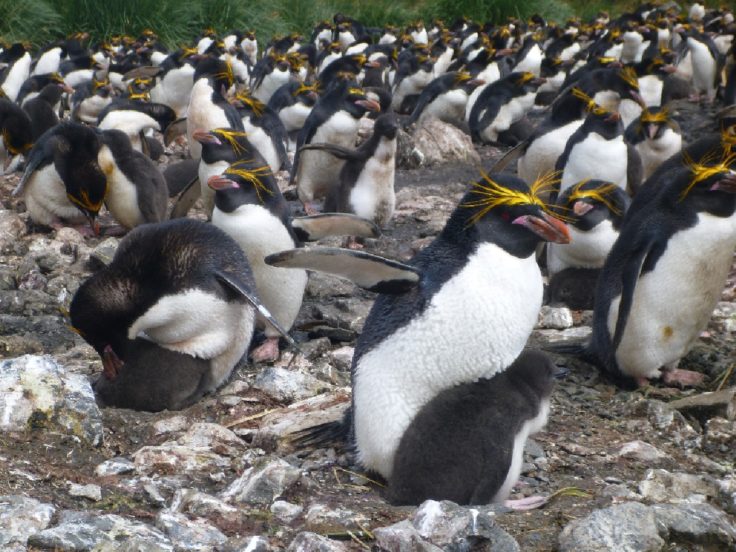Scientists agree that meeting the ever-increasing needs of the Earth’s human population while maintaining biological diversity is one of the greatest challenges of our time. Despite bold international commitments, biodiversity continues to decline. One potential solution is to incorporate the economic value of biodiversity into mainstream decision-making.
A new Special Feature in the journal Proceedings B, published this week by the Royal Society, highlights ‘The Value of Biodiversity in the Anthropocene’, and is guest edited by Professor Nathalie Seddon from University of Oxford and Dr Rachel Cavanagh from British Antarctic Survey.
This Special Feature covers a broad range of perspectives on this topical issue, synthesizing recent research advances on marine and terrestrial environments, at scales ranging from microbes to tropical rainforests and polar oceans. Key findings are captured within an interdisciplinary framework that recognizes the foundational role of biodiversity in sustaining the value of ecosystems to humanity.

The volume includes papers with a focus on marine ecosystems and particularly polar oceans led by BAS Ecosystem scientists Rachel Cavanagh and Eugene Murphy with BAS co-authors Susie Grant and Nadine Johnston.
Guest editor and BAS author Dr Rachel Cavanagh says: ‘The challenge now for scientists and practitioners is to work together with governments to bring biodiversity to the heart of the sustainable development agenda.’
Professor Eugene Murphy, BAS author and Science Leader of the Ecosystems Programme said “Understanding how ecosystems vary across the polar oceans, and how they are affected by change, is essential for the development of conservation and management approaches.”
Access all the papers in the Special Feature here
Papers featuring BAS authors can be accessed directly below:
Biodiversity in the Anthropocene: prospects and policy
Valuing biodiversity and ecosystem services – A useful way to manage and conserve marine resources?
